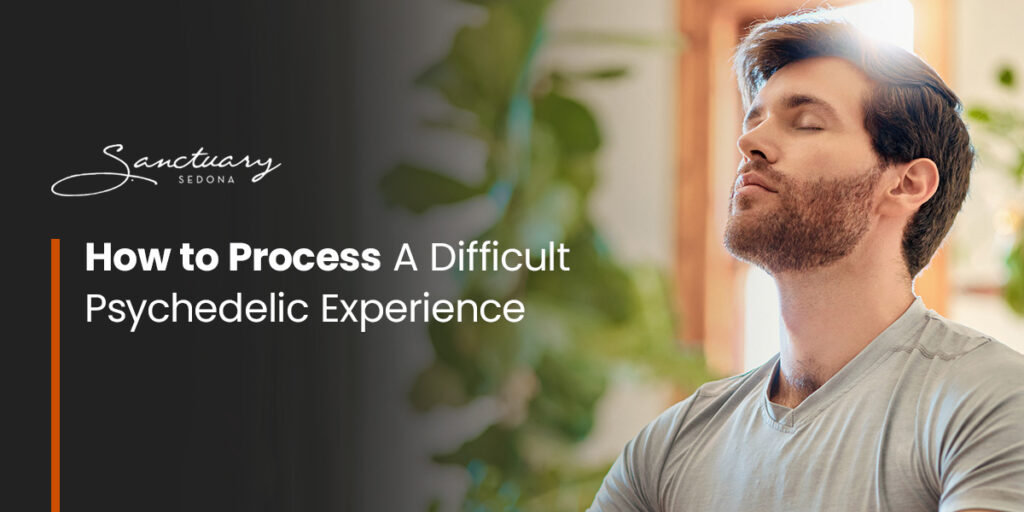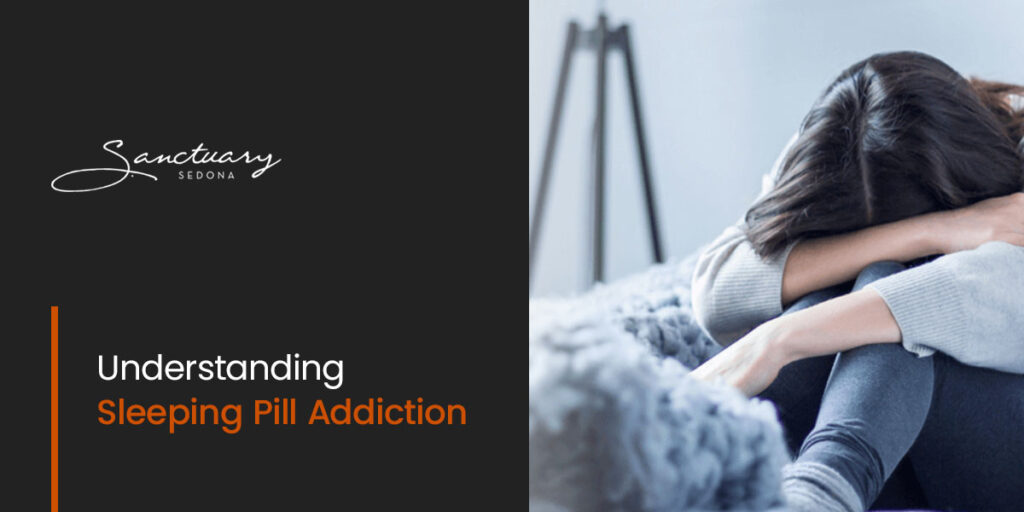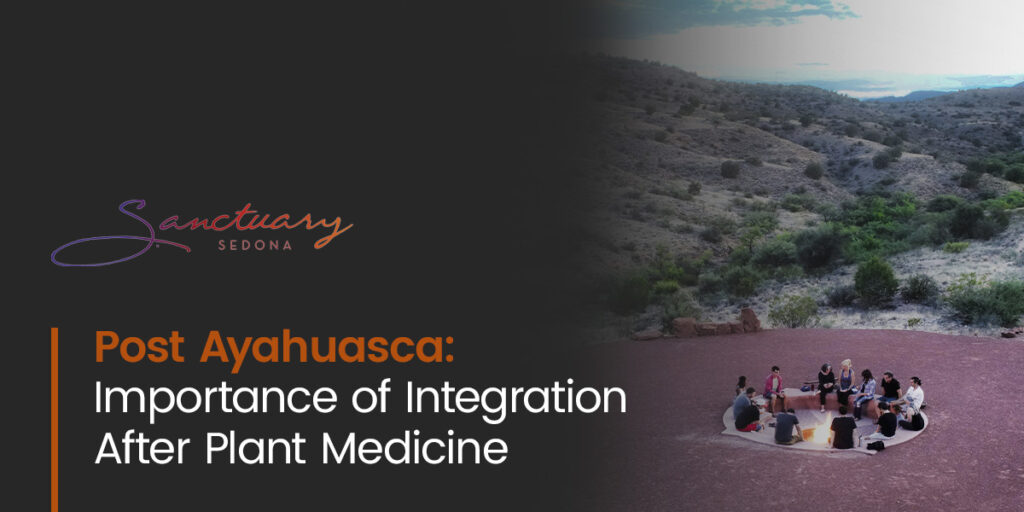What Are the Basics of Holistic Alcohol Addiction Treatment?
The term “holistic” refers to something that’s “concerned with wholes or with complete systems rather than with the analysis of, treatment of, or dissection into parts.” You are a whole person, made of multiple, interconnected systems. And alcohol addiction affects every one of these.
Conventional alcohol rehab tends to focus mainly on the psychological, and perhaps some of the emotional, effects of addiction. Recently, more alcohol rehab programs have been adding complementary therapies like yoga and meditation to their otherwise standard schedule of programming.
But we believe that in order for treatment to be truly holistic, it needs to involve an integrated approach to healing your mind, body, soul, and spirit. And here at The Sanctuary, we do so using multifaceted healing techniques. Our dedicated team of therapists works together to combine these into a holistic non-12 Step alcohol rehab program that’s completely customized to you. This comprehensive, holistic approach to sobriety and healing treats the following:
The Mind
We offer psychiatric and psychological therapy of the highest standards of clinical excellence. Clients at The Sanctuary receive at least one individual therapy session every day, which is far above the average at alcohol rehab (usually around twice a week). Our clinicians also possess a deep understanding of healing methodologies like functional medicine, acupuncture, and herbalism. They understand the archetypal constructs of the mind and exactly how this fits into the rest of your alcohol recovery journey at The Sanctuary.
The Body
Trauma is held in the body, and our thoughts and beliefs manifest as physical symptoms. At The Sanctuary, we begin treatment by calming your nervous system, which takes you out of your anxious state and prepares you to receive a deeper level of treatment. This entails a diet of cleansing, nutrient-dense food, bodywork for releasing trauma on a physical level, and eco-therapy for restoring your body’s natural rhythms and balance.
The Soul
Your soul is the most authentic, core part of yourself. It thrives on creativity, connection, and belonging. The things that make us human are all in the soul – and these things become damaged in the toxic processes of addiction. We provide space, resources, and guidance for connecting with your soul through avenues like creative expression, ceremony, and rituals that restore this relationship.
The Spirit
You not only have a physical body, but also an energy body. This field surrounds you and also connects to a larger, collective energetic field. Sometimes addictions arise as a result of a toxic imprint in this field. Our experienced Energy Medicine practitioners are experts in helping you release any toxicities in this field, therefore restoring it to a state of clarity. They’re also able to guide you on profound inward journeys specifically related to each stage of your healing process.
Taken together, all of these components create a powerful synergy. Each aspect has an important role in your experience of healing from alcohol addiction, and each comes in at a certain time as you’re guided along a path to self-discovery, healing, and eliminating trauma.
The mind-body-soul-spirit connection is increasingly being proven by science. And the chances of sustainable recovery from alcohol addiction are far greater when we utilize processes that address this connection, rather than merely involving it as an afterthought.
Holistic therapies are calming and balancing and can help soothe symptoms of alcohol addiction to make you more receptive to treatment. But each of them alone is not complete. Reaching a state of being recovered requires an integrated, holistic alcohol addiction treatment model that moves you.



